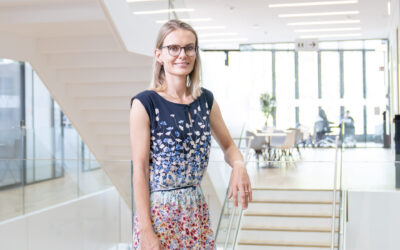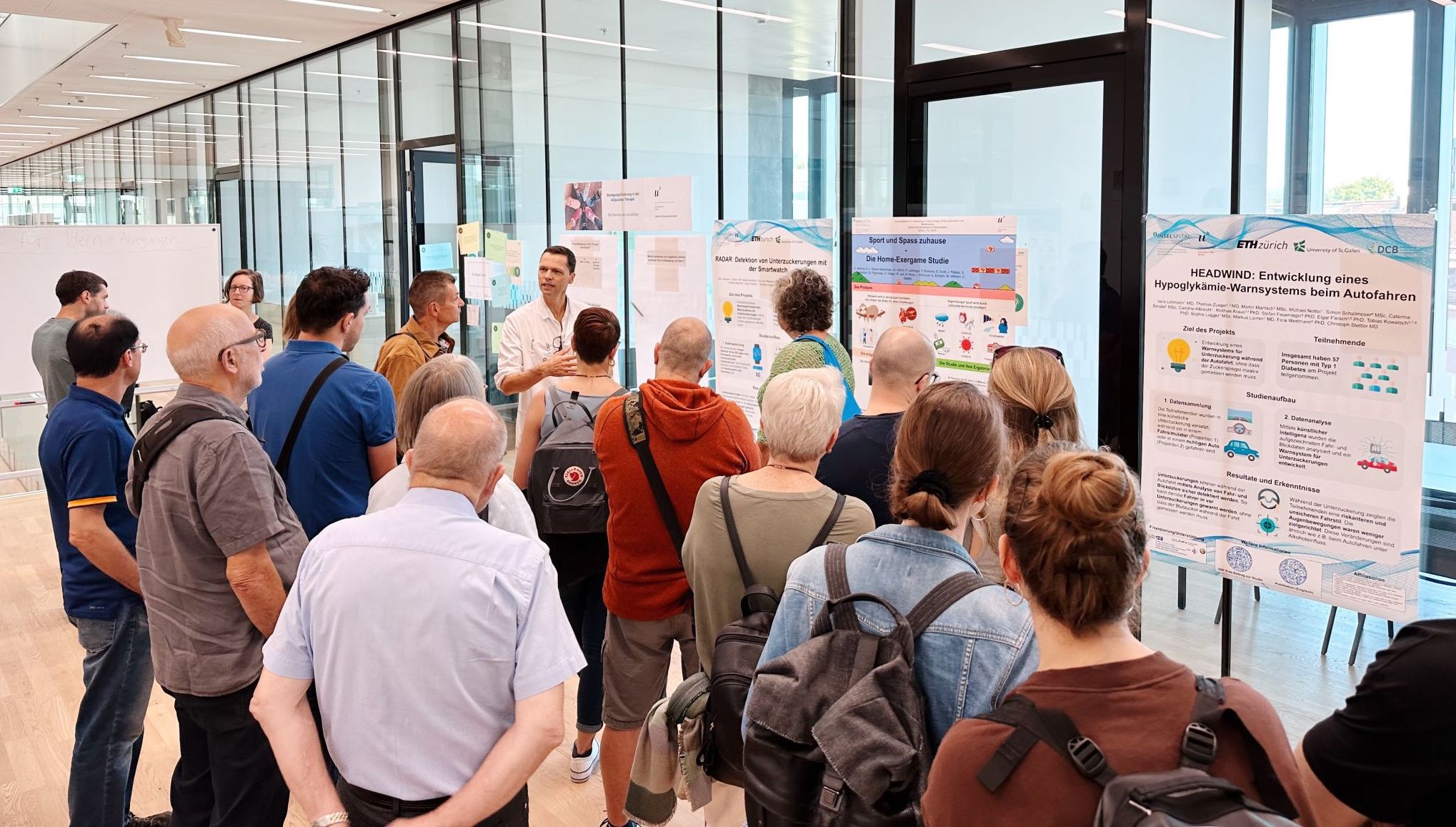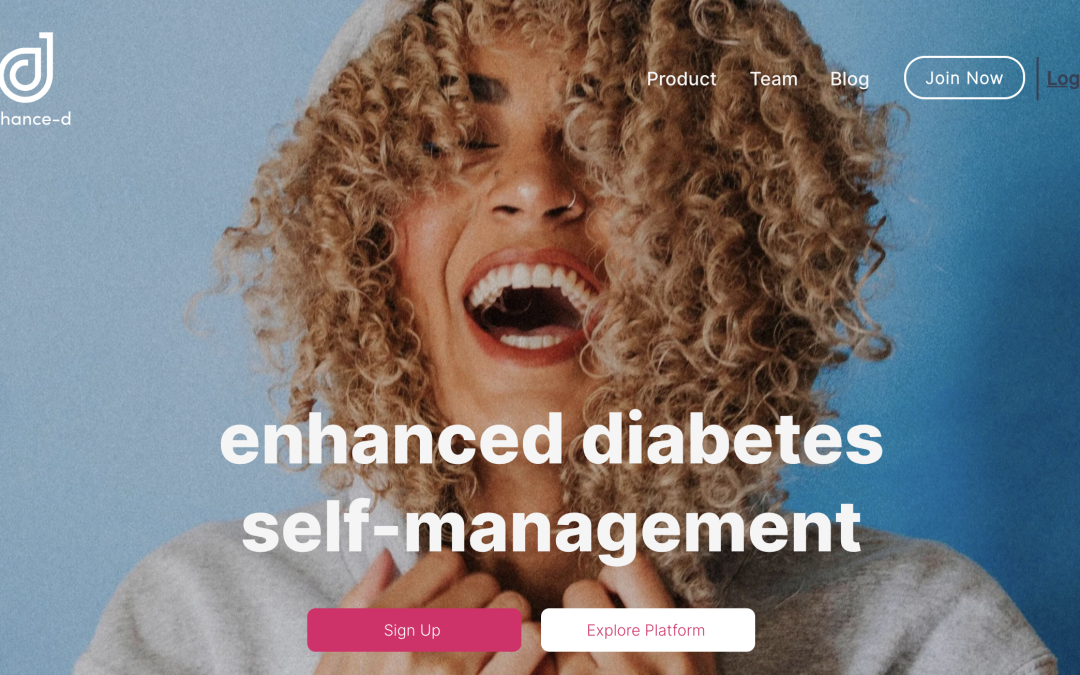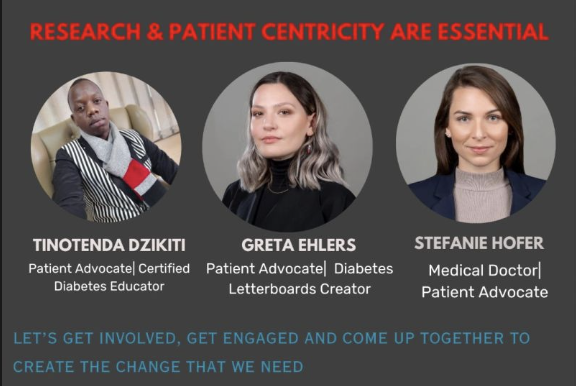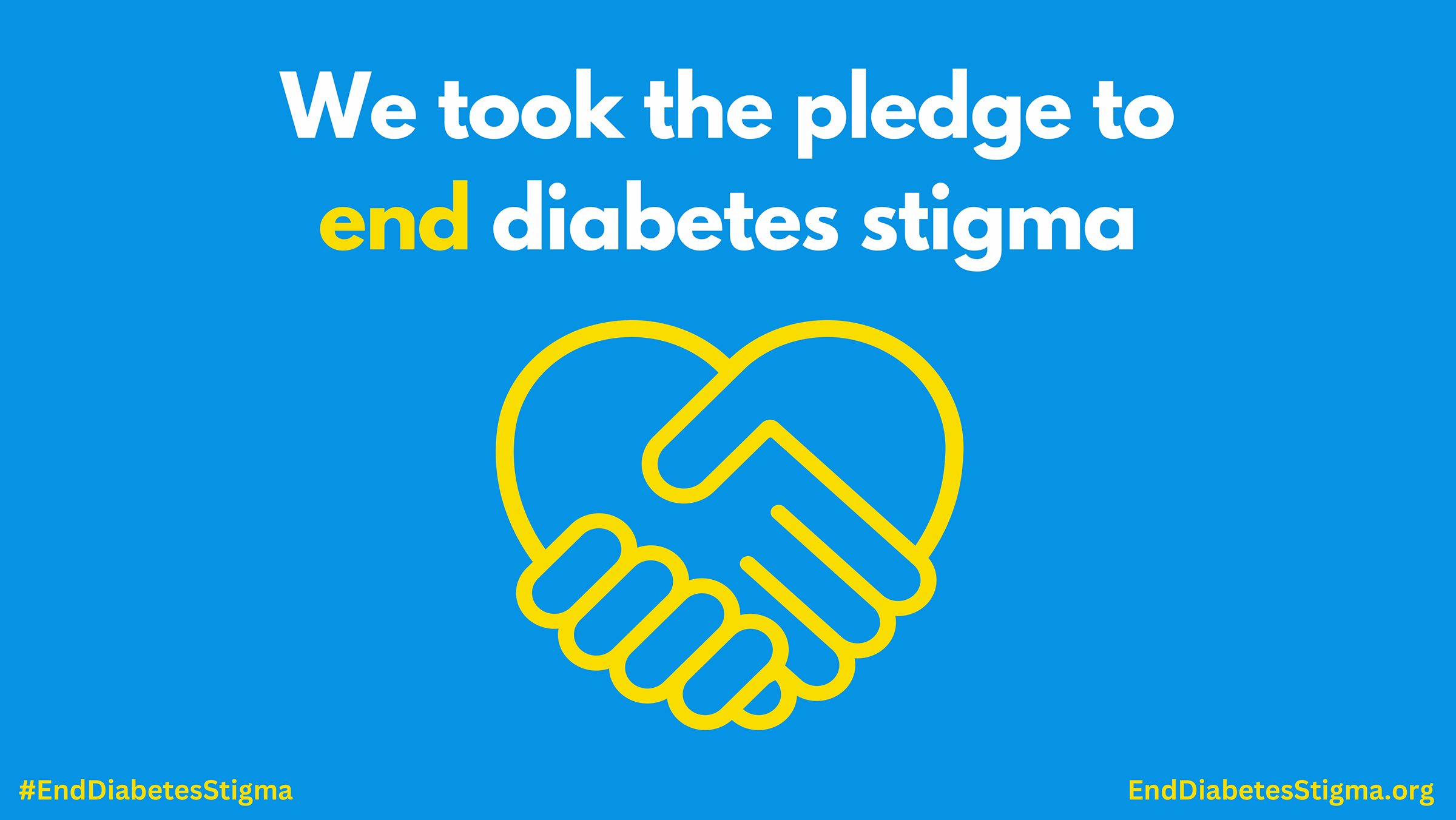The winner of this year’s Marie Heim-Vögtlin Prize is Maria Luisa Balmer. The SNSF is awarding her the prize for her...
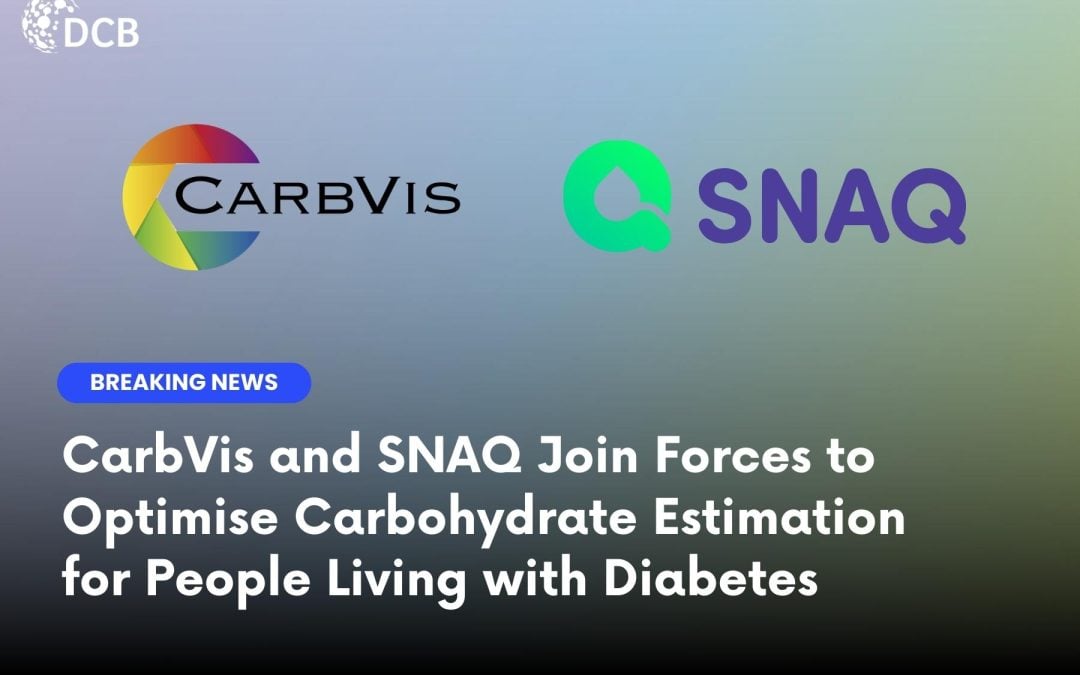
SNAQ and CarbVis join forces for better carb counting in diabetes
SNAQ and CarbVis join forces for better carb counting in diabetes
Bern, 3 October 2023 – SNAQ and CarbVis join forces for better diabetes management. CarbVis AG will be integrated into SNAQ AG, aiming to gain faster access to the market and to support the lives of people with diabetes more effectively. The new constellation enables the respective strengths to be used even better. The precise assessment of carbohydrates before each meal and their influence on blood glucose levels remain of central importance.
For people living with diabetes, estimating the amount of carbohydrates for appropriate insulin dosing is like a gamble sometimes. Decisions are often made based on experience and gut feeling, which can lead to mistakes1 with health consequences. For both CarbVis and SNAQ, the goal was to develop a technology that enables a quick and, above all, reliable calculation in a user-friendly way.
The two companies started with a different focus and have developed accordingly. SNAQ has an international focus and is now an established solution on the market. CarbVis emerged from a DCB-funded translational project in 2021, in collaboration with the University Department of Diabetology, Endocrinology, Nutritional Medicine and Metabolism (UDEM) of the Inselspital Bern and the University of Bern. After several years of technical and regulatory development, CarbVis has had a class 1 MDD medical device certified. In addition, the documents for the approval of a class 2 MDR medical device were submitted. The Qarbs app developed by CarbVis focused on safety and accuracy to achieve ease of integration with customers at B2B level. This complements SNAQ’s market presence and experience and extends the offering to B2C and B2B customers.
Added value for app users
“Uniting the two platforms is a logical development for us – we bring together our different strengths as well as business strategies and thus achieve a clear qualitative added value for the users of the app, medical professionals and our B2B partners,” emphasises the CEO of DCB and designated Chairman of the Board of Directors of SNAQ, Derek Brandt.
“The integration of CarbVis’ extensive regulatory and technical work will enable SNAQ to bring a dedicated insulin dosing solution to the European and US markets significantly faster,” said SNAQ CEO Aurelian Briner.

Image source: SNAQ
1 Buck S, Krauss C, Waldenmaier D, Liebing C, Jendrike N, Högel J, Pfeiffer BM, Haug C, Freckmann G. Evaluation of Meal Carbohydrate Counting Errors in Patients with Type 1 Diabetes. Exp Clin Endocrinol Diabetes. 2022 Jul;130(7):475-483. doi: 10.1055/a-1493-2324. Epub 2021 May 25. PMID: 34034353.
About DCB
Diabetes Center Berne (DCB) is a private, independent Swiss foundation established in 2017 with the aim of making life with diabetes easier. DCB supports ideas and projects in the field of diabetes technology worldwide by providing expertise, access to clinical research facilities and its own laboratories, as well as financial resources. The aim is to bring them a big step closer to market entry in a collaborative partnership. The work of the DCB is non-profit – the goal is new insights and innovations around diabetes management as well as a vibrant community.
About SNAQ
SNAQ’s diabetes platform enables patients and professionals to make data-based decisions around meals. The patented image analysis technology for estimating carbohydrates in meals has been validated in clinical trials and submitted for approval as a medical device in Europe. In the US, SNAQ is already an established solution with over 70,000 users.
Downloads
More recent news
Maria Luisa Balmer Wins the Marie Heim-Vögtlin Prize
DCB Joins WHO Global Diabetes Compact Forum
DCB proudly joins the global efforts of the WHO Global Diabetes Compact Forum in line with its core vision and...
José García-Tirado on his diabetes research: Interview
DCB assistant professor José García-Tirado recently gave an interview on his diabetes research, providing insights...


DCB Research AG
Freiburgstrasse 3
3010 Bern
Switzerland
